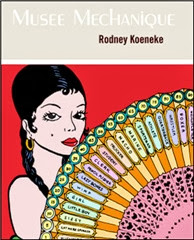“In an oral situation, communication takes place within a discrete time. That the listener must be present when the speaker performs is only one aspect of the intense temporality of the speech act. Emphasis, clarity, surprise, and suspense all depend on the speaker’s modulations of his speech in time. When a work is written, however, its tempo no longer depends on the speaker or writer. In fact, tempo virtually disappears. Surprise and emphasis, and most especially clarity, now depend on the transformation of temporal modulations into space. Irregular pauses in the stream of speech become conventionalized by more or less regular spaces between “words.” Dots and marks indicate a hierarchy of special status for portions of text; scripts and capitals indicate a hierarchy of material and meaning. Literacy thus becomes a process of spacializing the once exclusively temporal, and the thought-shaping technology of writing is an index of the development of this process. The higher the degree of conventionalized spacialization in the manuscripts, the less oral and more literate the community.”
1 day ago






1 comment:
I cannot think of a more fitting.
[ ]
Thank you Rodney.
Post a Comment